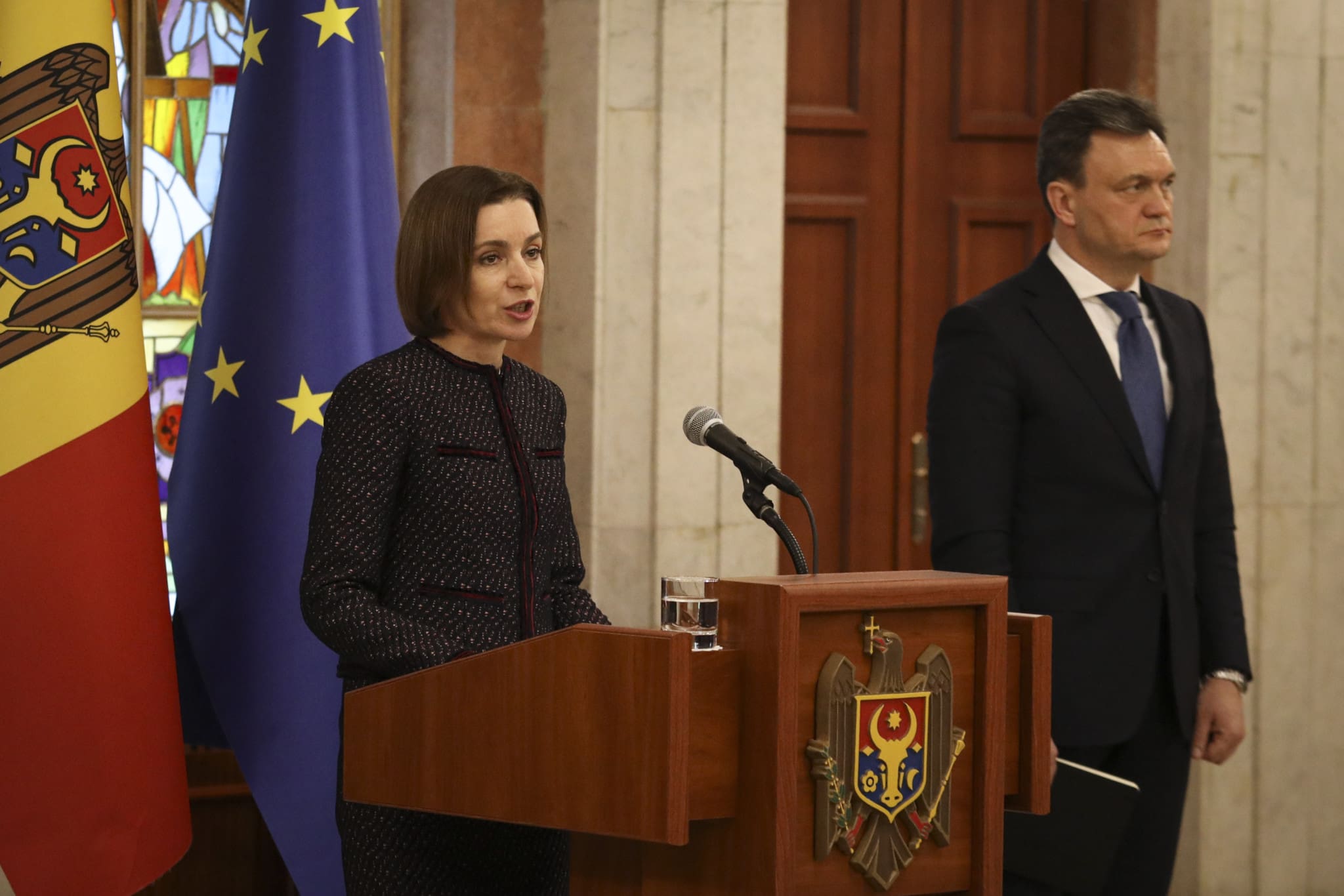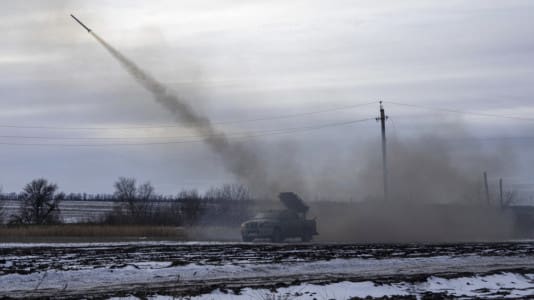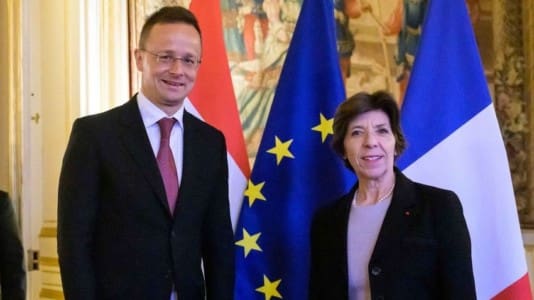Moldovan intelligence has confirmed an alleged plot by Russia to destabilize the country and overthrow its pro-Western leaders, President Maia Sandu said on Monday, although evidence up until now remains scant.
At a press conference, the Moldovan president said the coup d’état, first revealed by Ukrainian President Volodymyr Zelensky last week, had been corroborated by security services and would involve violent protests by “saboteurs with military background, camouflaged in civilian clothes” in an attempt to “change the legitimate government to an illegal government controlled by the Russian Federation.”
Sandu claimed Russia is attempting to install a puppet administration “to stop the European integration process, but also so that Moldova can be used by Russia in its war against Ukraine.”
The alleged plan would see violent activists from Russia, Montenegro, Belarus, and Serbia enter Moldova with the intention of causing civil unrest and destabilizing the country’s democracy.
However, given the cloak-and-daggers nature of the war between Russia and Ukraine, it is unclear how legitimate the claims of a coup d’état are, especially given that the claims allow Moldova’s pro-Western parties to marginalize the opposition. Both Russia and the West have a vested interest in determining who controls the country.
The political stability of Moldova is already unraveling following the mass resignation of the country’s pro-Western government on Friday after a tumultuous 18 months in power.
Sandu has offered Dorin Recean, a former interior minister and current secretary of Moldova’s security council, the opportunity to form a new administration focused on European integration and reviving the national economy.
“The new government will have three priorities: Order and discipline, a new life and economy, and peace and stability,” Recean told a news briefing.
“It will continue the implementation of Moldova’s strategic course, integration into the European Union,” he added.
Tensions are simmering in a country which already has Russian troops occupying part of its territory in the unrecognized breakaway state of Transnistria in eastern Moldova.
Moldovan intelligence claimed a Russian missile violated its airspace on Friday during an attack on Ukraine, and consequently summoned the Russian ambassador.
On Tuesday, the country temporarily closed its airspace over security concerns. The Moldovan civil aviation authority explained the move was “to ensure the safety of civil aircraft flights.”
Moldova is already one of the poorest nations in Europe and its relatively-young democracy has been fraught with systemic corruption and fractures over the country’s national identity.
Current leaders are overwhelmingly pro-European and believe joining the European Union will help secure its national security, however, the country also features a pro-Russia opposition who has been protesting the government in the last year. The country applied for membership in the EU in March last year and was granted EU candidate status in June.
A key problem the country has is its deep energy dependence on Russian gas, an issue the previous government had been attempting to rectify. Former Prime Minister Natalia Gavrilita accused Russia of energy blackmail last November, with the country frequently experiencing power cuts, an issue the Kremlin claimed was Ukraine’s fault for retaining natural gas that was destined for Moldova.
More than 765,000 Ukrainian refugees have crossed the border into Moldova in the past year, and the country has struggled to accommodate the 109,000 who have applied for asylum into its population of just 2.6 million.





